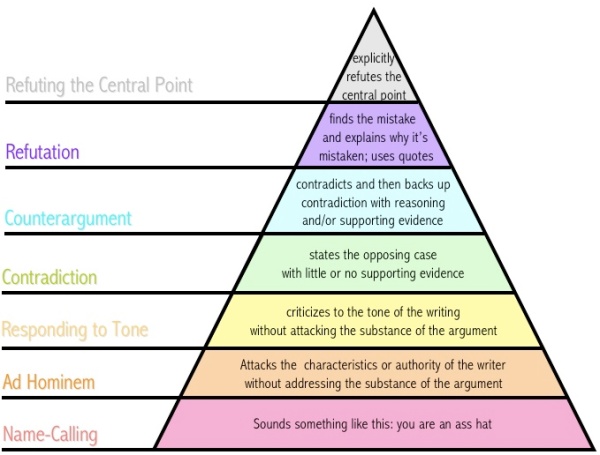Okay for my original post I should clarify that in my city I'm pretty sure it covers the costs
That being said I wanna answer the question but there are a few things that don't really match up for me
Honestly it's a pretty complicated situation. I would probably continue taking medicare medicaid while trying to increase the amount of cash patients/insurance, add some new fancy **** procedure, bleaching or something i dunno. Hire some eager to please pre-dent to sterilize, disinfect room and take x-rays (when they're certified) to skim time off appointments and maximize the time of more more trained staff so I can book more people. Pay them barely more than min wage (sorry man).
Whatever it all is I feel like she could still make it outta debt in like 15 years. Does Dr Tand still have a net profit at the end of the month even when accepting patients?
Anyway I'm not Dr Tand. She's lucky to be able to buy just a few years out of school though, other people sometimes just float around being screwed over by various dentist don't they?
I wonder if the original poster is following our fascinating conversation?
The fact that "other people sometimes just float around being screwed over by various dentist don't they?" and similar fears appear here often is a harsh indictment of my generation of dentists. Some few do behave in this way to younger colleagues, Yggdrasila, and although I never have, I apologize for their behavior of behalf of our profession anyway.
If I were to write a code of dental ethics, Point The First would be:
"A dentist is never to treat a colleague as interchangeable, temporary and disposable."
Well, it would be more than that, dammit. Point The First would be:
"A dentist is never to treat a patient, colleague or employee as interchangeable, temporary and disposable."
Thus, "pay them barely more than minimum wage" makes me uncomfortable. Adopting the factory mindset and hiring interchangeable drones is a common tactic to cut costs. But that's short-term thinking, and it's a zero-sum game. For everything the factory owner gains, the interchangeable drone loses something. If, rather, we elevate our employees, inspire and train them to be their best, everyone gains exponentially, including the employer.
In the long term. That's the hard part--human beings generally suck at long-term thinking. But you students are bright and amazing and have all kinds of potential. All you need is someone to point it out to you early and let me tell you, Yggdrasila, I can't wait to see what you all create. Just think long-term, and create some cool stuff, ok?
So, Yggdrasila, your suggestions tend towards cutting costs. This tactic is important and useful. We have to be careful not to take it too far, though. Excess reduction of expenses leads you into a race to the bottom on cost. Bertrand Competition. When it comes to equivalent products and services, assuming geographic availability, people often buy from whoever offers the product or service at lowest cost. Price drives everything for equivalent items.
Therefore:
You must NEVER view yourself and what you provide as equivalent. ;}
Think about that for a long time. Explore all its implications; it's vitally important.
And you already hit on two excellent strategies for increasing revenues; in fact, they may be the only two besides adding hours:
-new patients
-new or augmented procedures
When it comes to what's "medically necessary," the definition of which we could argue about for hours, our responsibility is to fully diagnose and then present treatment plans effectively. This means communications skills. It's especially important when patients don't have any more discretionary income than Dr. Tand does. But unscheduled treatment is just the same as undiagnosed treatment in terms of its physical effects on the patient, so we have a responsibility to communicate well.
And when it comes to elective procedures, like bleaching or "fancy" treatments, we need to ask, not tell. One man's despised diastema is another man's mark of individuality. As long as we stay ethical and ask, not force elective treatments on people, we can and should ask every patient we see. With big intraoral photographs on the monitor. Sometimes people are in tears, they've been so upset about an esthetic issue for so long and no dentist ever asked them about it.
So if we then raise revenues ethically and do some reasonable cost reduction without treating anyone as interchangeable, temporary and disposable, we are in better shape but I still challenge the assertion that "in my city I'm pretty sure it covers the costs." Medicaid, Medicare and some PPO insurance plans most assuredly do not cover the true costs of providing dental services. What to do??
Well, some participating insurance plans allow dentists to close the office to new patients. This is an excellent solution--you can continue to see all those patients you already know and really like from down at Consolidated Widgets. You don't have to send a letter to them all, telling them that you no longer participate because the plan pays too little. After all, it's not just them--many of them have referred in their friends and relatives who pay cash. But, if you close to new patients, it limits the impact of reduced fees. You may achieve the ideal which is to fill chairs at downtime, but not get flooded. Some plans don't allow this though.
Here's what I don't know--
Can you close your office to new Medicaid/Medicare patients, and still participate? Does anyone know? That allows you to do a level of social good that you can afford. Otherwise, it's all or nothing. And all can break your practice, even with participating plans that pay too little to let take over.
What I'm also looking for with my original question is a Kobayashi Maru solution. You know--alter the conditions of the experiment to avoid a no-win scenario, because you don't believe in no-win scenarios.
The original poster asked about doing something about social issues, I presume in the context of dental care and access to care. Keep in mind that this is not necessarily a zero-sum game. You and your practice can gain tremendously while accomplishing some good for your community or in terms of access to care. Reputation and Attention are worth just as much as cash these days, in many respects. Also keep in mind that we dentists need to work together on this access to care issue, and solve it, before some beastly outside entity like the government does it for us. That's the worst outcome imaginable...
So. Any Kobayashi Maru, outside-the-box ideas about Dr. Tand's financial pressures or access to care/treating the financially challenged, without breaking the practice? And does anyone know about the legality of closing Medicaid to new patients?




 Whatever poor people suck tho amirite damn the financial burden they cause, upper middle class brofist, I'm part of the club now.
Whatever poor people suck tho amirite damn the financial burden they cause, upper middle class brofist, I'm part of the club now. 
